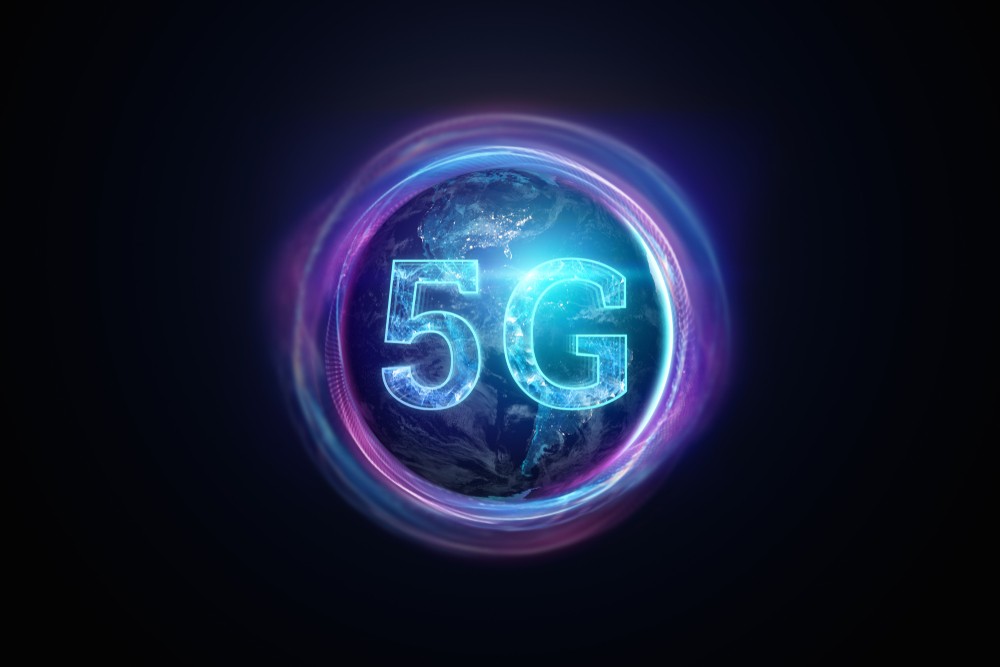IEEE, the world's largest technical professional organisation dedicated to advancing technology for humanity, has released the results of "The Impact of Technology in 2023 and Beyond: an IEEE Global Study," a new survey of global technology leaders from the U.S., U.K., China, India and Brazil. The study, which included 350 chief technology officers, chief information officers and IT directors, covers the most important technologies in 2023 and future technology trends. To learn more about the study and the impact of technology in 2023 and beyond, visit https://transmitter.ieee.org/impact-of-technology-2023.
A more connected, sustainable and virtual world
Which areas of technology will be among the five most important in 2023? Global technology leaders surveyed said cloud computing (40 percent), 5G (38 percent), metaverse (37 percent), electric vehicles (EVs) (35 percent), and the Industrial Internet of Things (IIoT) (33 percent) will be the five most important areas of technology next year.
The top industry sectors that will be most impacted by technology in 2023 are:
• (40 percent) telecommunications
• (39 percent) automotive and transportation
• (33 percent) energy
• (33 percent) banking and financial services
Currently in its nascent stages, the metaverse can be described as an immersive digital network of 3D interactive worlds. Global technologists surveyed said the following innovations will be very important for advancing the development of the metaverse in 2023:
• (71 percent) 5G and ubiquitous connectivity
• (58 percent) virtual reality (VR) headsets
• (58 percent) augmented reality (AR) glasses
Technologies that foster sustainability are growing in importance. A strong majority (94 percent) of those surveyed agree that they have prioritised sustainability goals for 2023 and beyond, and any technologies their company implements are required to be energy-efficient and help shrink their carbon footprint.
Metaverse-related technologies are also expected to be deployed in various ways: 91 percent of respondents agree, to bring employees together for corporate training across offices, conferences and hybrid meetings, their company is actively adopting metaverse technology strategies in 2023. In addition, over three-quarters (76 percent) of global technologists say 26 percent-75 percent of interactions with colleagues, customers and management at their company will be conducted virtually in 2023.
AI, Robotics, IIoT and Digital Twins
AI has become ubiquitous. So it is not surprising that 98 percent of survey respondents agree that in 2023 and beyond, AI-powered autonomous, collaborative software and mobile robots will automate processes and tasks, including data analysis, allowing humans to be more efficient and effective. In addition, when asked what percentage of jobs across the entire global economy will be augmented by AI-driven software in 2023, 24 percent of technologists surveyed said 1-25 percent; 40 percent of those surveyed said 26-50 percent; and 27 percent of respondents said 51-75 percent. Related to the IIoT, which optimises smart industrial machines, sensors, processors and the real-time data they generate, 98 percent surveyed say using digital twin technology and virtual simulations in 2023 to more efficiently design, develop and safely test product prototypes and manufacturing processes will be important, including 68 percent who say it will be very important.
EVs, 5G and 6G
Because of its fast and high data throughput, 5G will impact vehicle connectivity and automation in 2023, 97 percent of survey respondents agree.
Respondents also said that 5G will benefit these areas the most in the next year:
• (56 percent) remote learning and education
• (54 percent) telemedicine, including remote surgery, health record transmissions
• (51 percent) entertainment, sports and live event streaming
• (49 percent) personal and professional day-to-day communications
• (29 percent) transportation and traffic control
• (25 percent) manufacturing/assembly
• (23 percent) carbon footprint reduction and energy efficiency
A strong majority (95 percent) of global technologists agree that space satellites for remote mobile connectivity will be a game-changer in 2023 because they enable 5G device connections anywhere, 24/7, leapfrogging terrestrial infrastructure. Close to nine out of 10 of global technologists (88 percent) agree 6G will primarily be an evolving work in progress in 2023, but that in half a decade 6G will be standardised.
Cybersecurity concerns rise
The cybersecurity concerns most likely to be in technology leaders' top three in 2023 – which rose as compared to levels of concern in 2022 – are issues related to:
• (51 percent) cloud vulnerability (up from 35 percent in 2022)
• (46 percent) the mobile and hybrid workforce, including employees using their own devices (up from 39 percent in 2022)
• (43 percent) data centre vulnerability (up from 27 percent in 2022)




